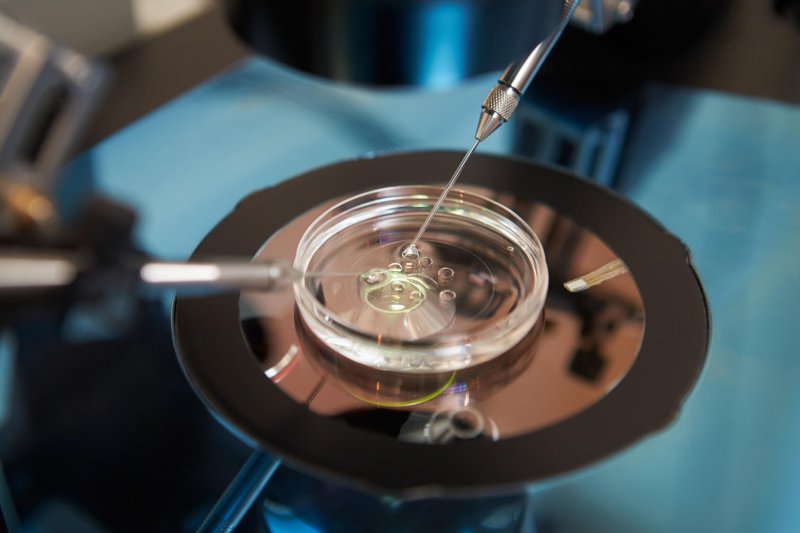Nurture is as important as nature when it comes to IVF, scientists have found, after showing that the chemical ‘soup’ in which embryos are placed during their first days of life is crucial to their success.
…[E]xperts found that by simply switching the conditions in which fertilised eggs live before implantation [in] the womb, they can double the number of healthy embryos.
Previously it was thought that all genetic problems in embryos stemmed from DNA errors in the egg and sperm of the mother and father, and could not be altered.
But the new study proves that chromosomes – which hold the DNA – are still malleable even after fertilisation and the environment they live in has a huge impact on how well they will form, and ultimately the health of a baby.
Pregnancy loss was 3.5 times higher for embryos which grew in one ‘soup’ compared to the other.
…
The study also has implications for natural pregnancy, because it suggests that if conditions are not right within the womb, then a growing embryo [could] develop genetic abnormalities.
The GLP aggregated and excerpted this blog/article to reflect the diversity of news, opinion, and analysis. Read full, original post: Nurture is as important as nature when it comes to IVF, scientists find































